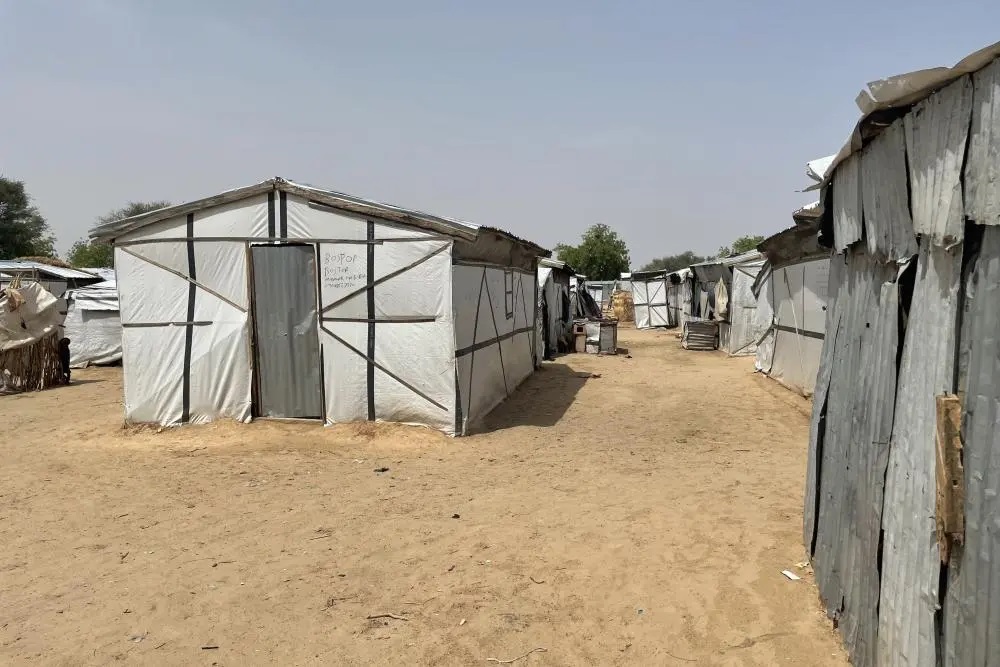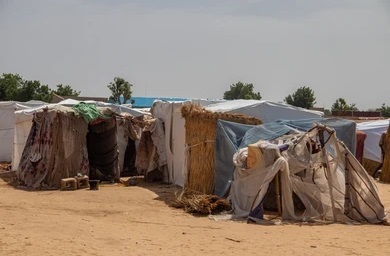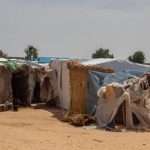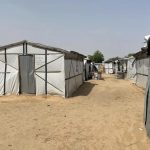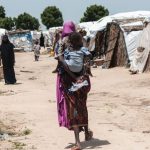Our Programmes
Early Recovery
Early Recovery Our Collective Responsibility
During and immediately after a crisis, urgent action is required to save lives. At the same time, from the start of humanitarian response, time critical interventions which lay the foundations for sustainable recovery and a quick return to longer term development are also imperative.
Early Recovery (ER) is an approach that addresses recovery needs that arise during the humanitarian phase of an emergency; using humanitarian mechanisms that align with development principles. It enables people to use the benefits of humanitarian action to seize development opportunities, build resilience, and establish a sustainable process of regaining from crisis.
Early Recovery is both an approach to humanitarian response which, through enhanced coordination, focuses on strengthening resilience, re-building or strengthening capacity, and contributing to solving rather than exacerbating long standing problems which have contributed to a crisis; and also a set of specific programmatic actions to help people to move from dependence on humanitarian relief towards development.
Early Recovery is never just a ‘phase’. It is a multidimensional process of recovery that begins in the early days of a humanitarian response. An Early Recovery approach means focusing on local ownership and strengthening capacities; basing interventions on a thorough understanding of the context to address root causes and vulnerabilities as well as immediate results of crisis; reducing risk, promoting equality and preventing discrimination through adherence to development principles that seek to build on humanitarian programmes and catalyse sustainable development opportunities. It aims to generate self-sustaining, nationally owned, resilient processes for post crisis recovery and to put in place preparedness measures to mitigate the impact of future crises.
At CBI we are all out to help in this response with our well-trained staff and volunteers. Our key functions
- Strategic support and policy guidance
- Cluster coordination
- Resource mobilization and partnerships
- Tools and technical support
- Policy and tools development
